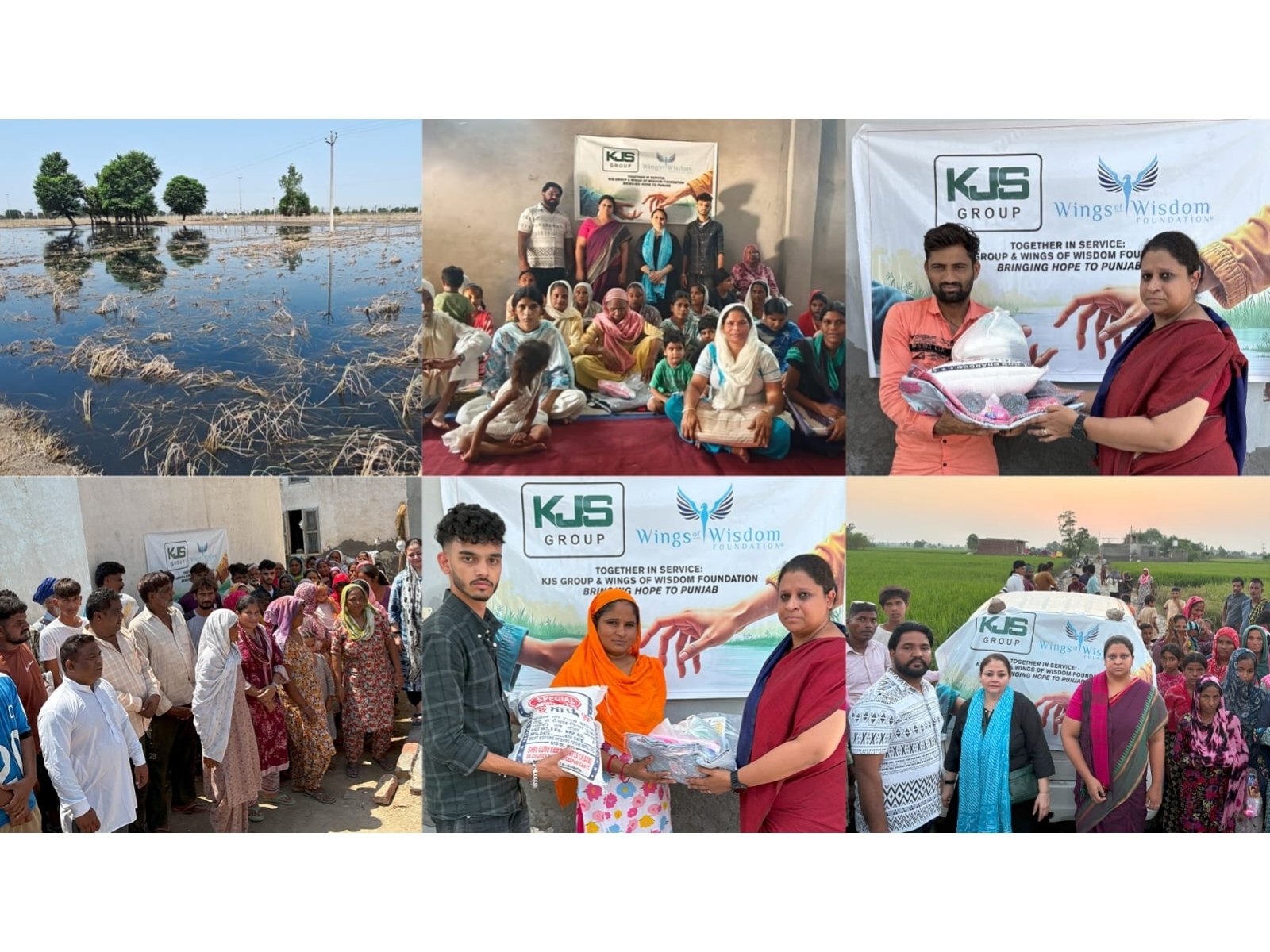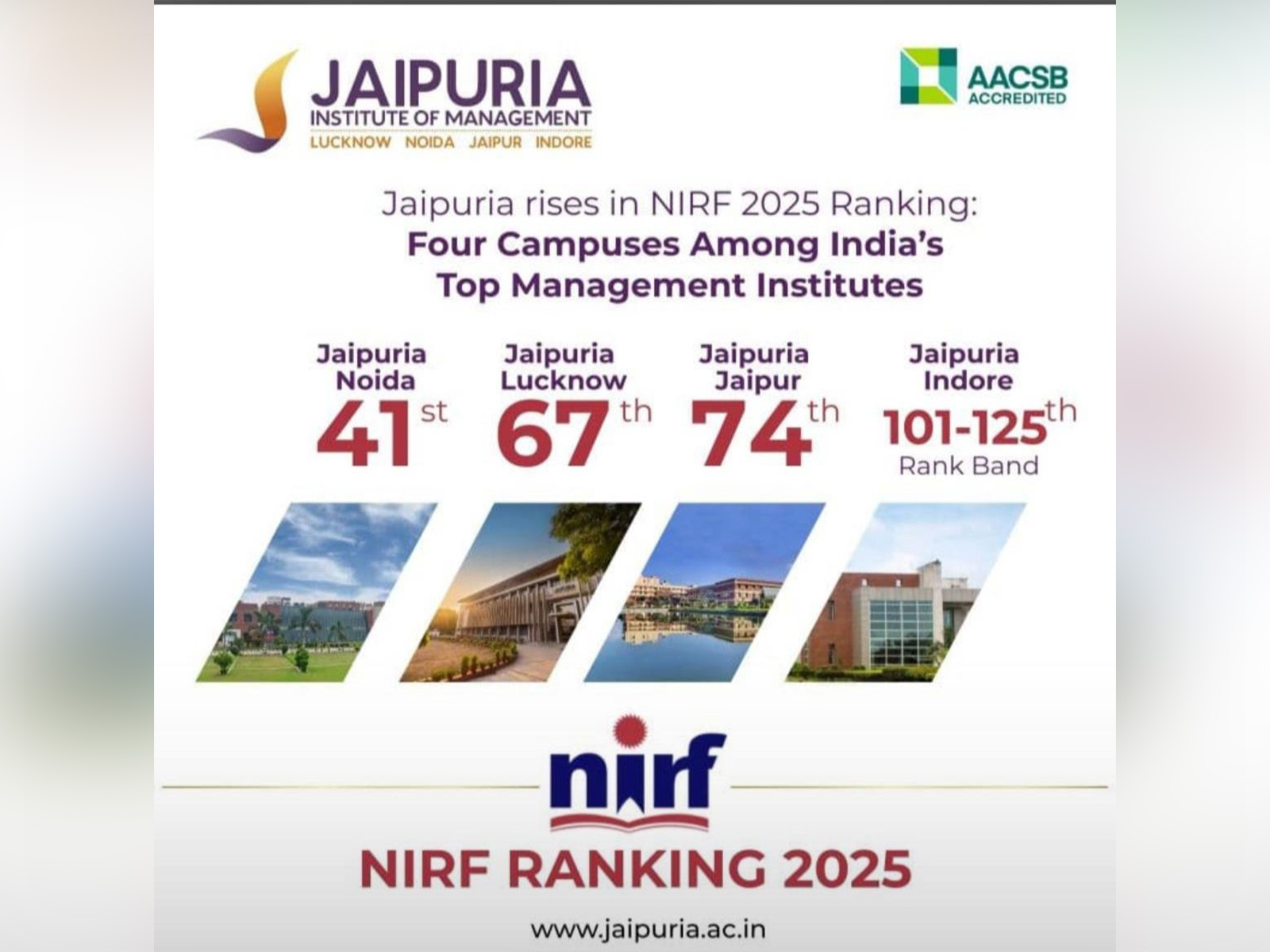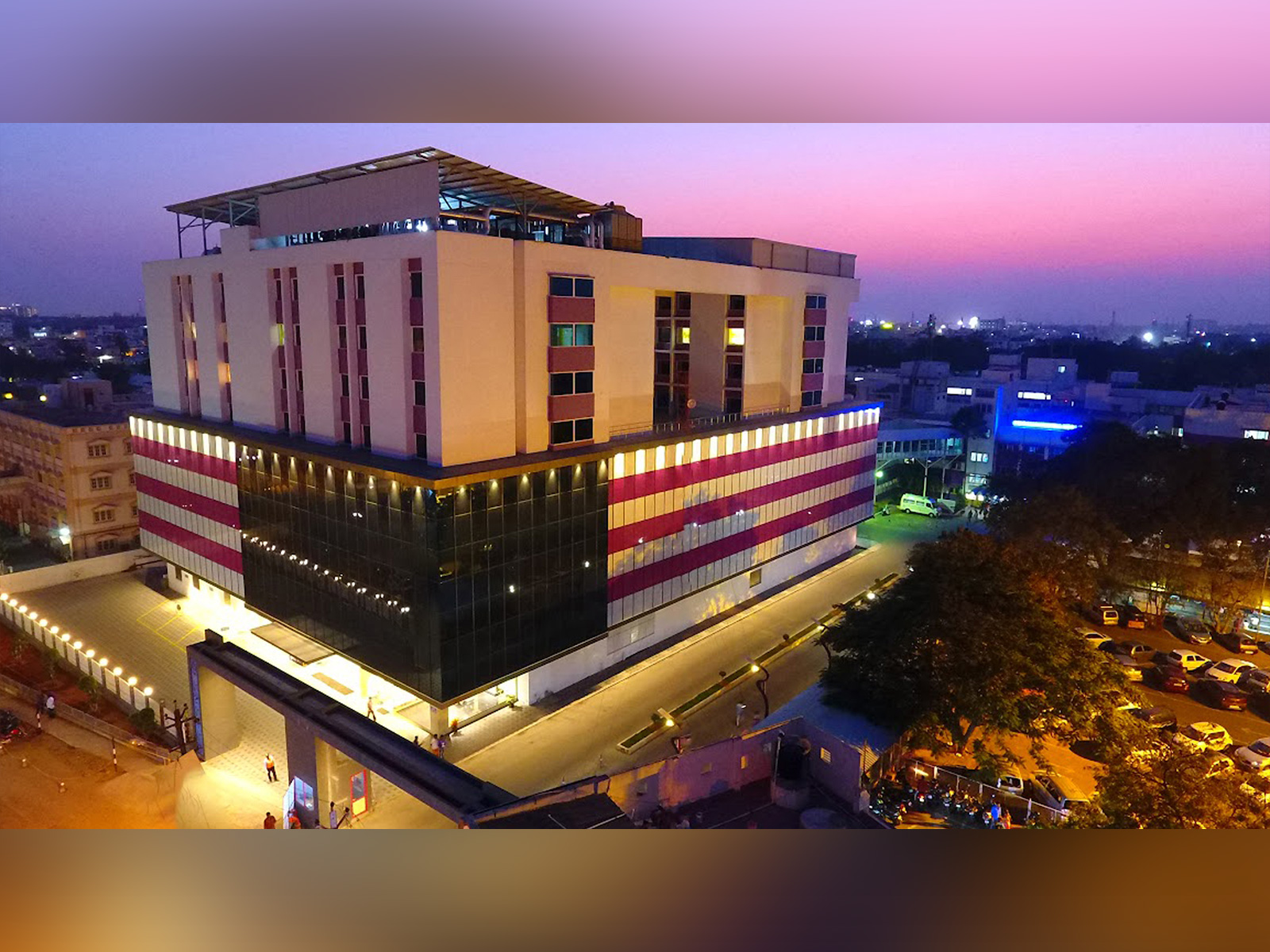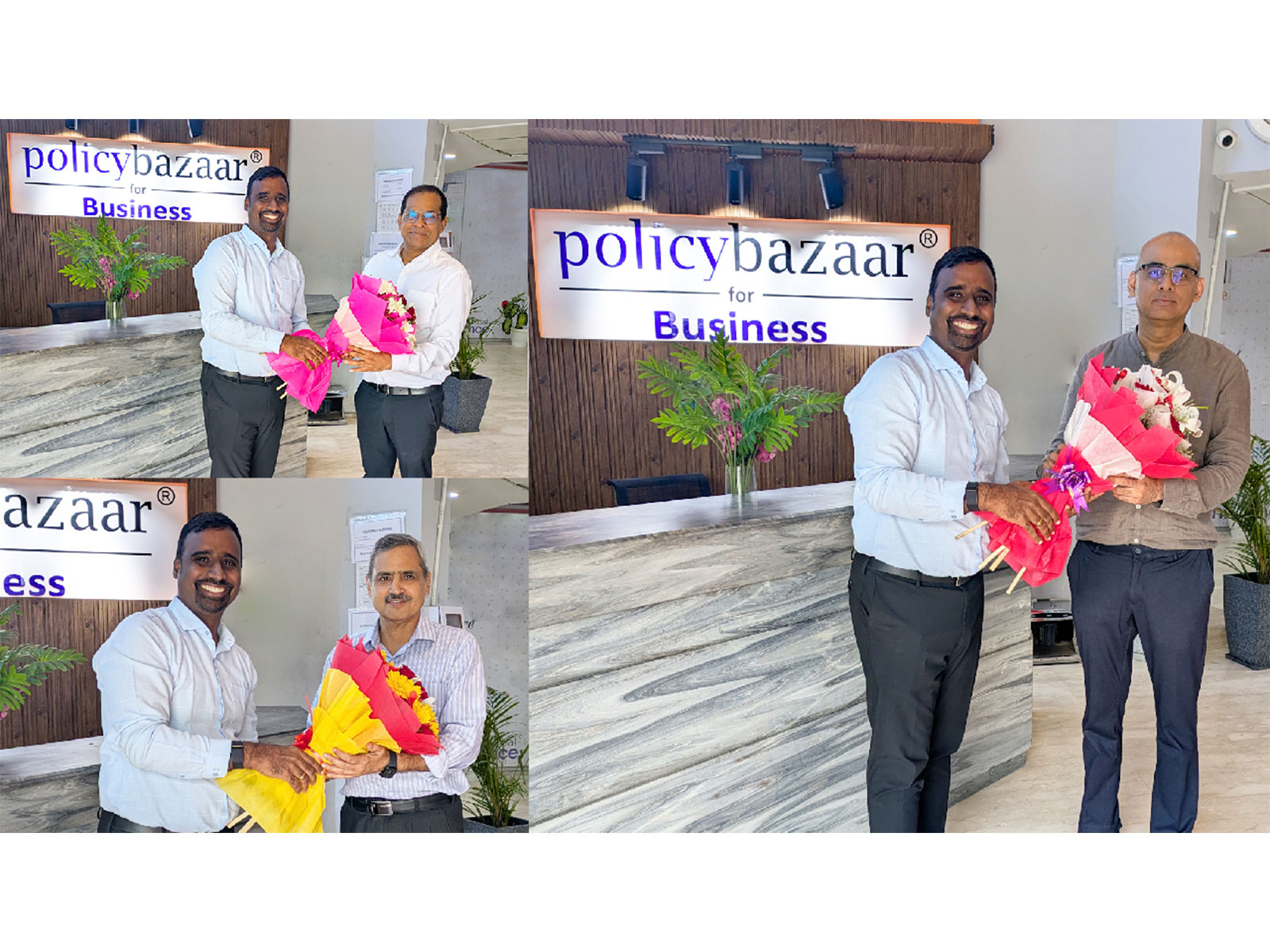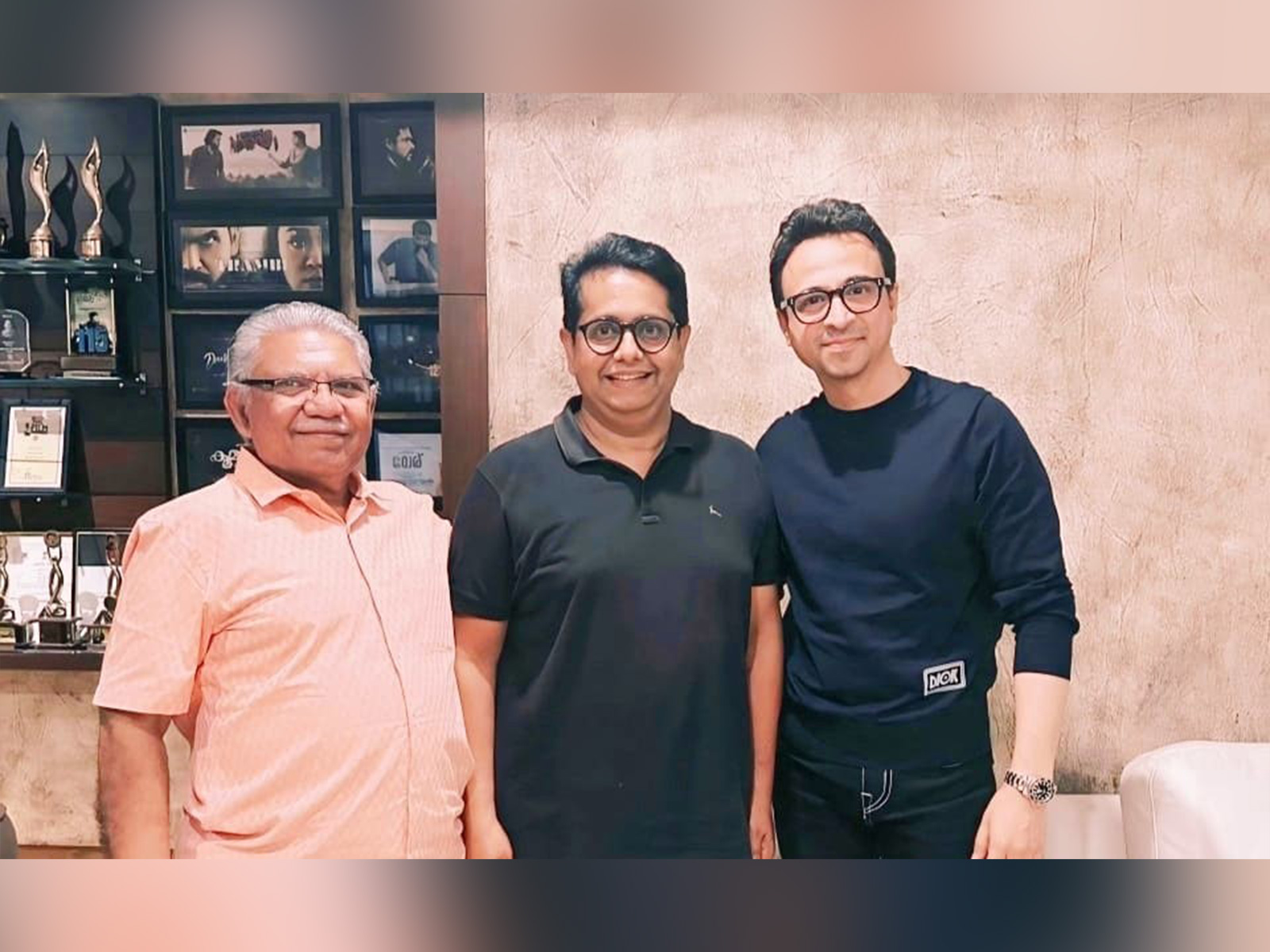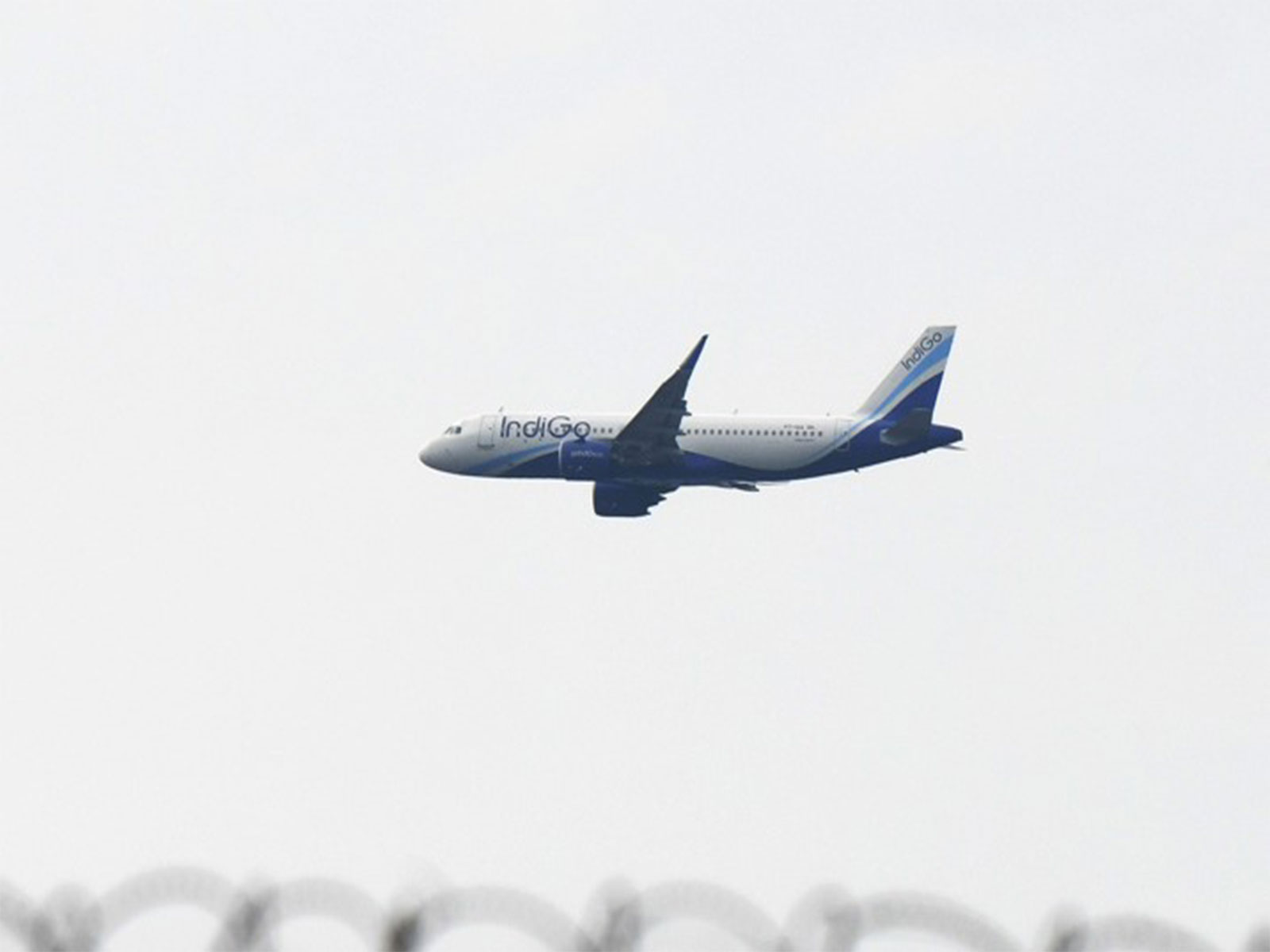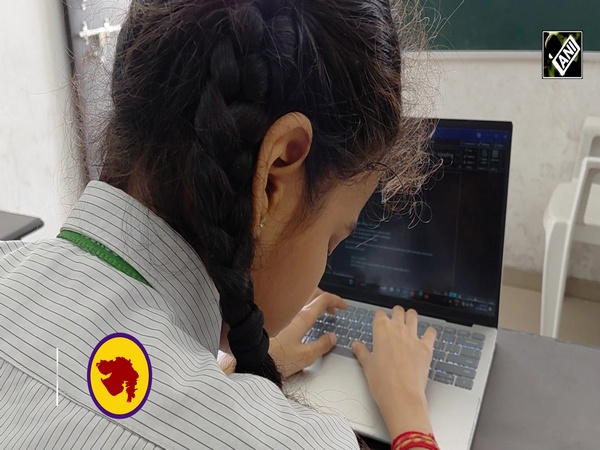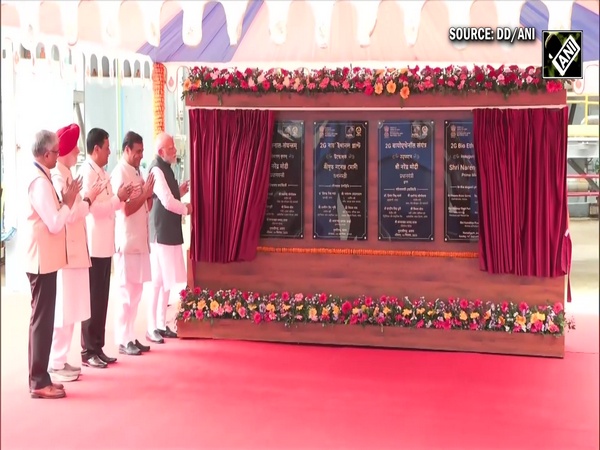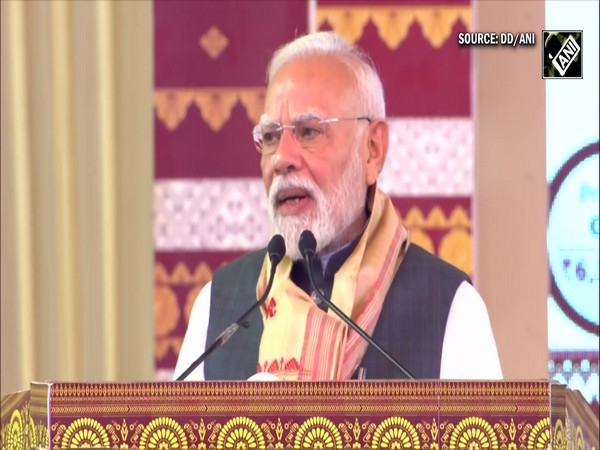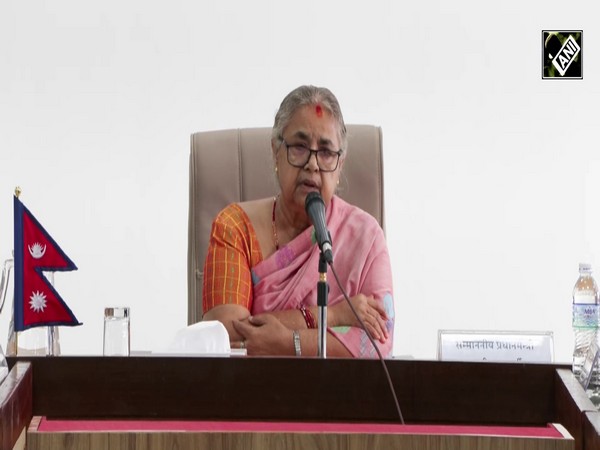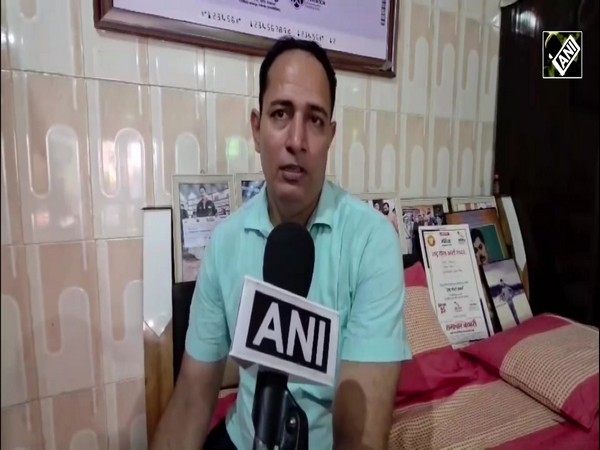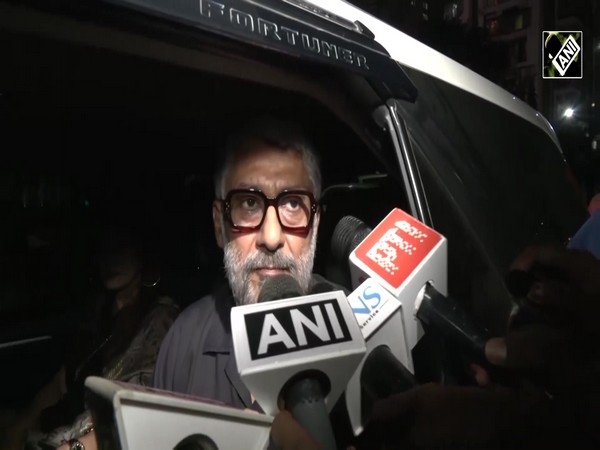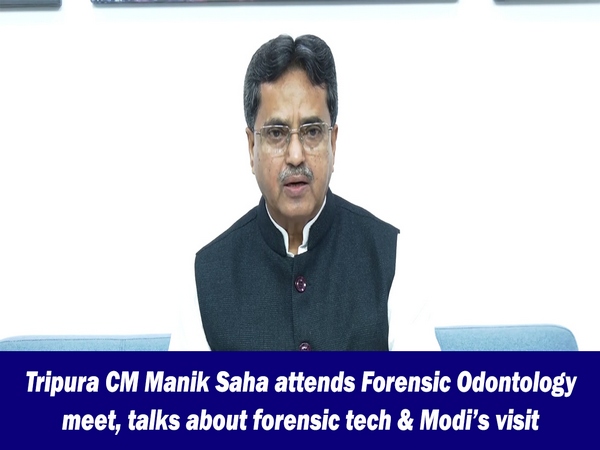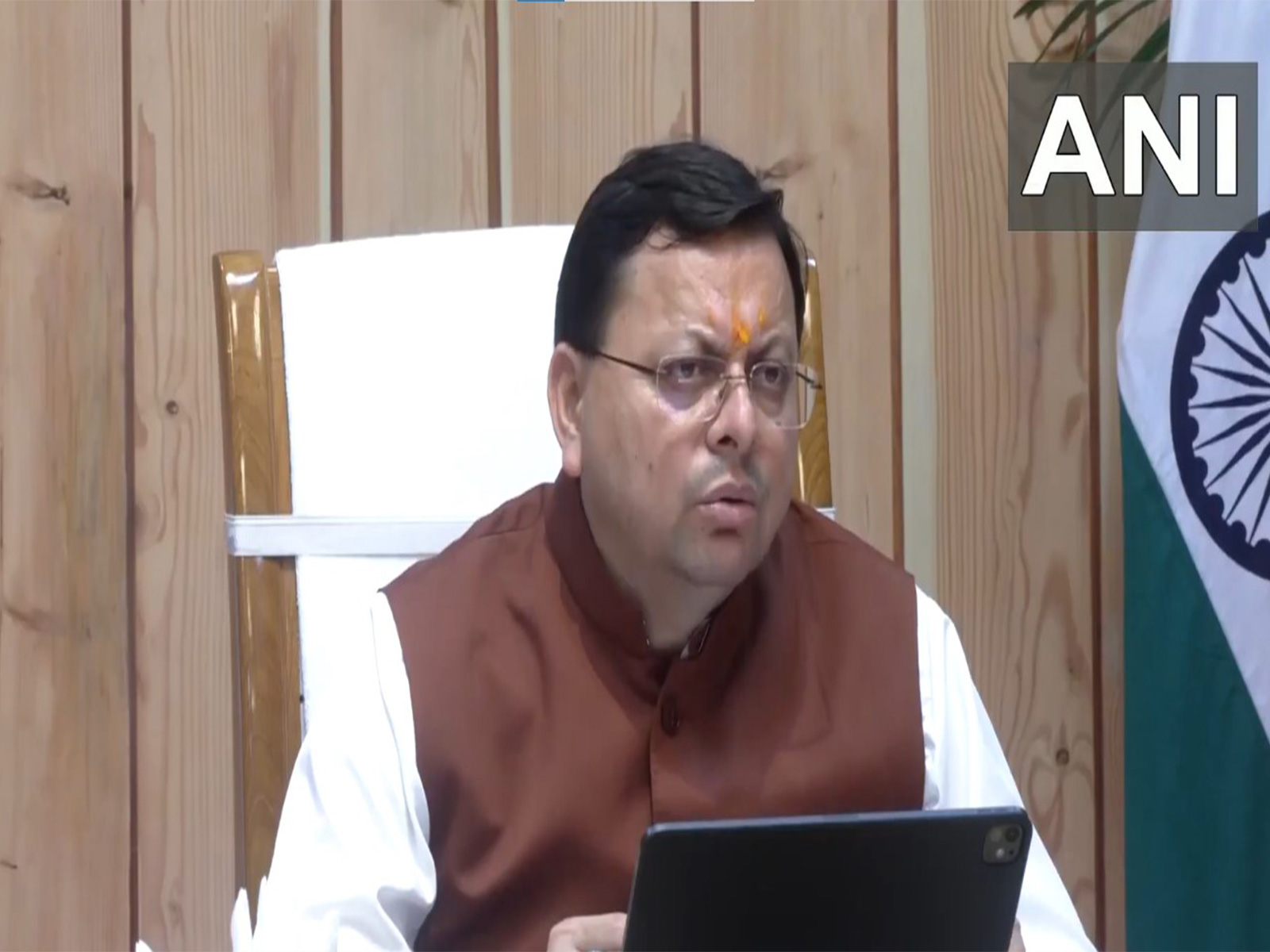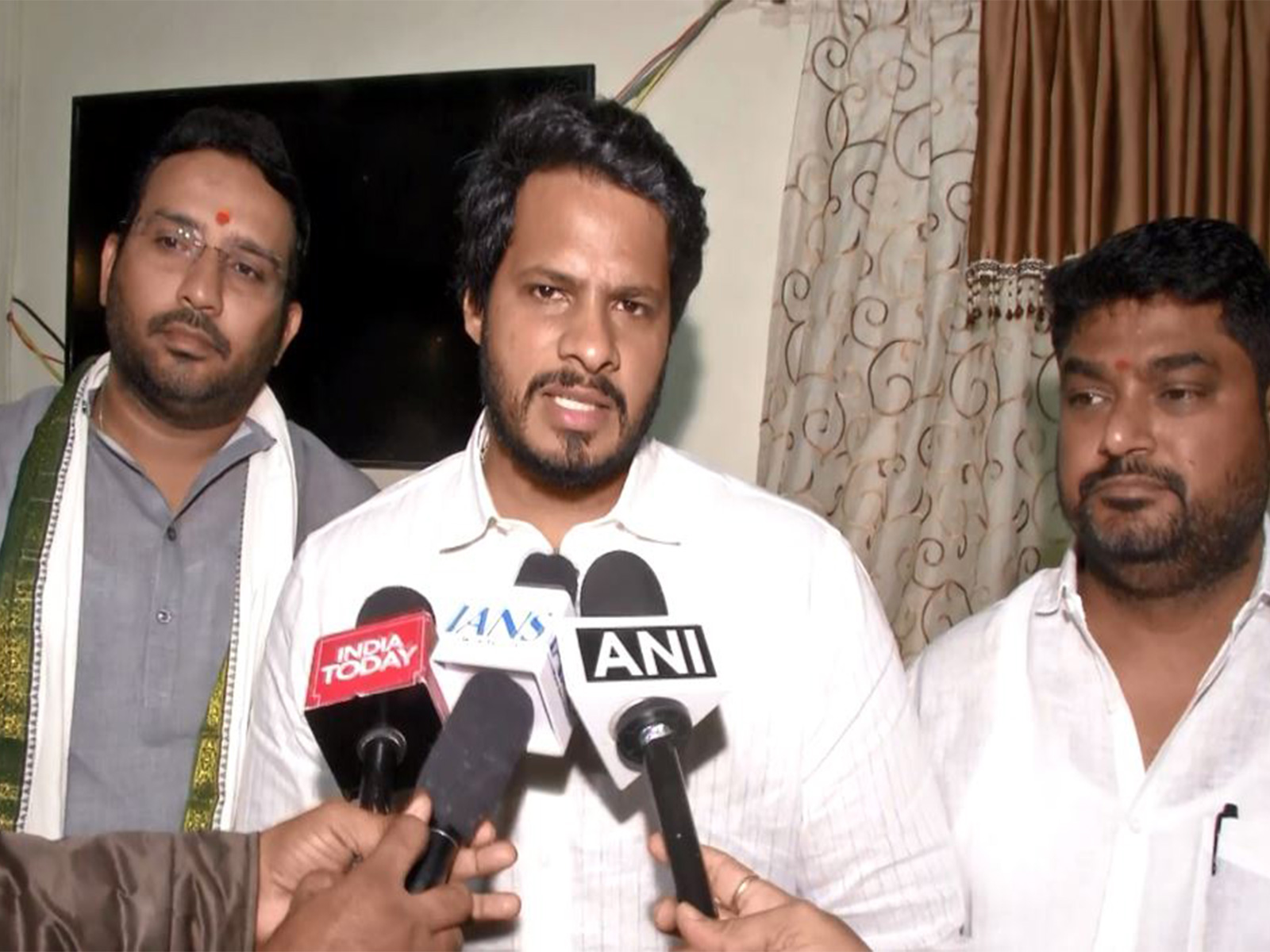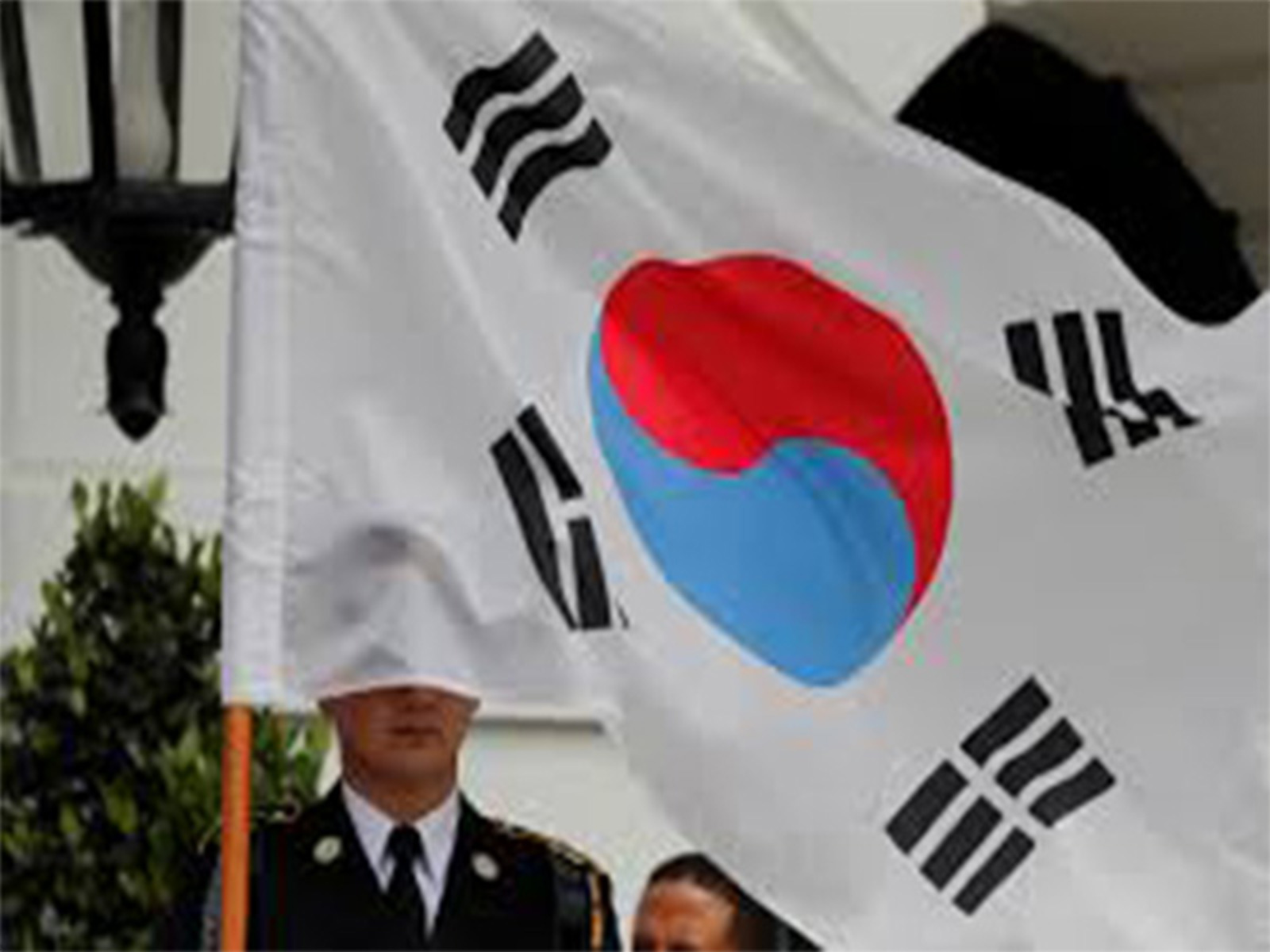
Korea's top trade envoy heads to US as $350b tariff deal stalls
Sep 16, 2025
Seoul [South Korea], September 16 : South Korea's top trade envoy said that Seoul is working to strike a deal that protects its national interest as he left for Washington for follow-up talks on a multibillion-dollar investment deal, with the two countries still divided over key details of the July accord, as reported by The Korea Herald.
Trade Minister Yeo Han-koo's trip comes just a day after Industry Minister Kim Jung-kwan returned from a five-day visit to the US, during which he met with US Commerce Secretary Howard Lutnick. Kim offered little detail beyond saying the talks were ongoing, fueling concerns that the negotiations are deadlocked.
Asked about the unusual back-to-back trip, Yeo stressed that "the government is making every effort on all fronts." In Washington, Yeo is expected to meet with US Trade Representative Jamieson Greer and other trade officials.
"We are making every possible effort throughout the negotiations to secure a result that best serves our national interest," Yeo told reporters at Incheon Airport, highlighting Seoul's aim for a "balanced and fair outcome."
On speculation that Washington could push Seoul for concessions in agriculture as part of a broader deal, Yeo drew a firm line: "There will be no new market openings for agricultural products."
On July 30, Seoul agreed to invest USD 350 billion in the US in exchange for Washington reducing its planned "reciprocal" tariffs from 25 per cent to 15 per cent. The deal was broadly reaffirmed when President Lee Jae Myung and US President Donald Trump held their summit in Washington last month.
However, the two sides were unable to produce a joint statement or sign a written contract. Seoul's national security adviser admitted that progress remained slow in some areas and that more discussions were needed to hash out their details.
At the center of the standoff is the investment structure. Seoul wants to reduce upfront equity commitments by using loans and guarantees from state-run financial institutions such as the Export-Import Bank of Korea and the Korea Trade Insurance Corp. Washington, by contrast, is pushing for a higher proportion of direct investment and wants control over project selection -- similar to the USD 550 billion deal it struck with Japan.
Seoul has resisted, arguing that Korean firms should decide based on business feasibility.
Officials here have also said Seoul cannot agree to terms similar to Japan's deal, pointing to the economic differences between Korea and Japan as well as adverse effects on Seoul's foreign exchange market.
Under the US-Japan agreement signed last week, Washington will decide which projects the Japanese funds will go to, with profits split equally at first. But once Japan recoups its USD 550 billion investment, the profit breakdown will shift to the US taking 90 percent and 10 percent for Tokyo.
To cushion the potential impact on its foreign exchange market, Seoul asked Washington to set up a currency swap in recent trade talks, officials said Monday. As the US presses South Korea for a larger share of direct investment, concerns are rising that it could trigger a large outflow of dollars and a sharp rise in the won-dollar exchange rate.
The pledged USD 350 billion amounts to more than 80 percent of Korea's foreign reserves of USD 416.3 billion as of the end of August, a level experts say is practically impossible to raise without risking a dollar shortage and potential financial instability.
The talks have also been overshadowed by tensions following a massive immigration raid on Sept. 4 at a Hyundai Motor-LG Energy Solution battery plant in Georgia. More than 300 Korean workers were detained and held for a week before returning home Friday. The incident rattled public sentiment toward the US in South Korea while heightening uncertainties for local companies in their US business activities.
Amid the fallout, Trump sought to reassure foreign investors, saying foreign companies in the US are welcome to temporarily bring in specialists to train Americans in advanced industries, such as chips and shipbuilding.
"I want them to bring their people of expertise for a period of time to teach and train our people how to make these very unique and complex products," Trump wrote Sunday on Truth Social.
